
Donate Now

Aquaculture for the rural people in sundarbans:
A large section of Sundarban’s population is engaged in fisheries and allied activities. Fisheries are the sole livelihood of fisherman and their family residing in Sundarbans. Collecting prawn fish seeds from the rivers is one of the main sources of earning among marginalized women and fisher folk. The fisher folk are using mechanized as well as non-mechanized crafts. A number of fishing gears are in Sundarbans viz. trawl nets, purse seines, drift/gill nets, boat seines, fixed bag nets, hooks and lines, shore seines, traps, scoop nets, etc.
Sundarbans being the nursery for nearly 90% of the aquatic species of eastern coast, the coastal fishery of eastern India is dependent upon Sundarban. Sundarbans is a place where more than 400 species of fishes are available in both sweet and saline water. The mangroves forests serves as the nursery grounds of all natural fishes. But, due to climate changes, production of natural fishes is gradually declining in trends.
In this situation, DCBS promotes 02 FPOs (Fish Farmers Producers Organizations) working with 1,000 traditional fish farmers to grow fishes scientifically both in sweet water and saline water through pond culture, development of hatcheries, value additions, etc. DCBS also help the 2FPOs to effectively market the produce.
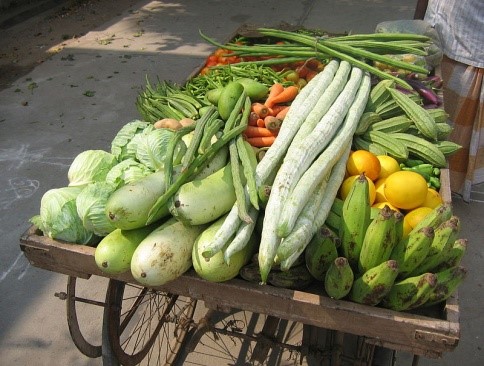
Facilitating Direct-to-consumer sales:
Marketing is one of the most important factors determining the success of a farming enterprise engaged in selling of vegetables, fruits, fishes or meats. It encompasses all of the operational decisions made by producers. These decisions range from identifying the most profitable crops for production to deciding how the produce should be delivered to buyers efficiently and economically while maintaining product quality. The fresh produces can be directly sold to customers of choice. Justification for establishing a direct farmer-to-consumer marketing outlet is based primarily on the producer’s desire to increase the financial returns from farm production. This opportunity for increased returns stems from (1) opportunities to reduce marketing costs (and capture profits) attributed to intermediaries (middlemen) in the supply chain, and (2) consume’s desire to buy (and perhaps willingly pay a premium for) riper, fresher, higher-quality fruits and vegetables. These two factors combined have often generated substantially higher net returns for producers.
DCBS is promoting Farmers Producers Organizations (FPOs) on fish, goats, vegetables and OFPOs (Off-Farm Producers Organization) on readymade garments making. DCBS is facilitating the FPOs & OFPOs to engage the migrant workers especially the youths in alternative livelihood options in local areas through shops on wheels by selling value added products like; fish fry, fish cutlets, pickles, tomato sauce, and agri-based processed food products. The young women are interested to run their enterprises in shops on wheels in rural markets, bus stops, railway stations, etc.

Enabling and offering training on Bengal black goat farming:
DCBS offers extensive trainings on rearing of Black Bengal Goats under Livelihood Entrepreneurship Development Program (LEDP). Till date we have trained about 150 goat farmers in Sundarban with the support of NABARD (National Bank for Agriculture and Rural Development), Govt. of India. After completion of training, the trainees formed Joint Liability Groups (JLGs) and established a scientific goat farm. DCBS also supports the formation of farmers’ producers’ organizations (FPO) which brings together all goat farmers at one place for collective actions, better management, linkages, and resource mobilization from local agencies, and better collective marketing. DCBS facilitates and makes linkages with local bankers, and livestock development department of state government for offering necessary support to the goat farmers.
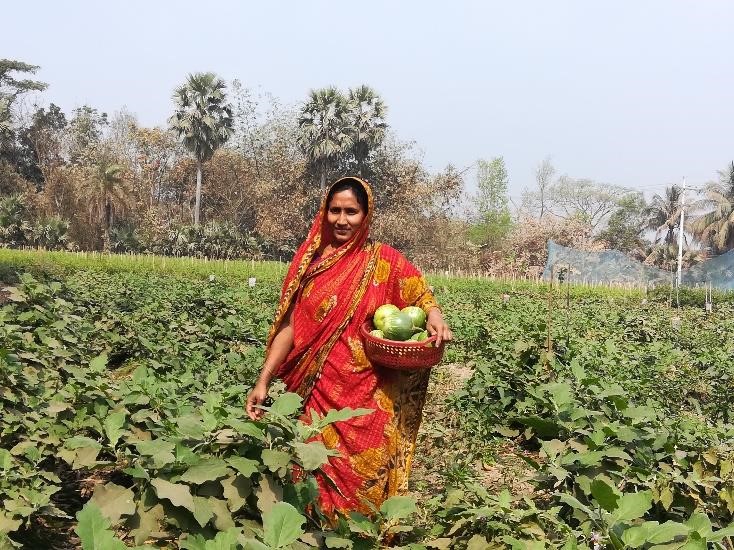
Facilitating Organic Vegetable cultivation:
The overuse of hybrid, and chemical intensive fertilizers and pesticide has led to the degradation of soil and water in Sundarban. This has led to the current agricultural crisis and the depletion of farmers’ livelihoods day by day. Agriculture is the most important livelihood strategy in India, with two thirds of the country’s workforce depending on farming. Most farmers are small and marginal farmers cultivating areas of less than one hectare. Increasing land fragmentation, diminishing natural assets, high costs for external farm inputs, indebtedness, and pesticide-related health issues have threatened the livelihoods of many farming families. So, organic farming is best and ultimate livelihood option for any kind of social horizon. It also has “zero impact‟ on the environment. The organic farming is to protect the earth’s resources and produce safe and healthy crop. Organic farming is a production system that sustains the soil health, ecosystems and people. It relies on ecological processes, biodiversity and cycles adapted to local condition, rather than the use of inputs with adverse effects. Organic farming combines tradition, innovation and science for the benefit of the shared environment and promote fair relationships and a good quality of life for all involved.
Keeping with this context, DCBS promotes organic farming practices and agri-entrepreneurs. The organization also helps improve the livelihoods of marginalized farm families in the project operational villages. It has capacitated farmers on preparation and use of organic manure, pesticides, plant protection measures and growth promoters, etc. by utilizing available local resources including vermin-composting, etc. The organization targeted and promoted sustainable practices among 600 farmers during this year.
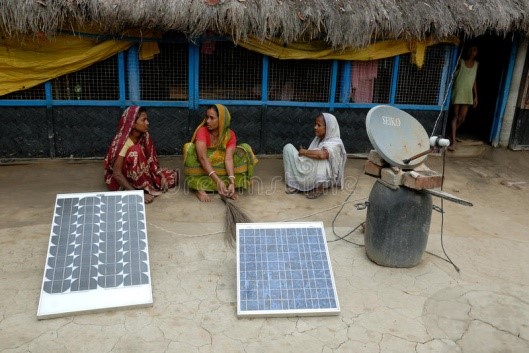
Encouraging Sustainable solutions:
Since 2011-12, DCBS offers support to the rural households on Solar Home lights and encourages sustainable operations including promotion of social marketing by creation of Village Level Entrepreneurs (VLEs). Till end of March 2021, DCBS supported more than 65,000 households on solar home lighting systems.
During the current fiscal year, DCBS plans to accelerate the transition green energy by supporting families and marginalized farmers in adopting solar home lights, Solar Pumps, Sprinklers, and Solar Dryers. It also plans to support the adoption of solar powered inverters as household power banks.
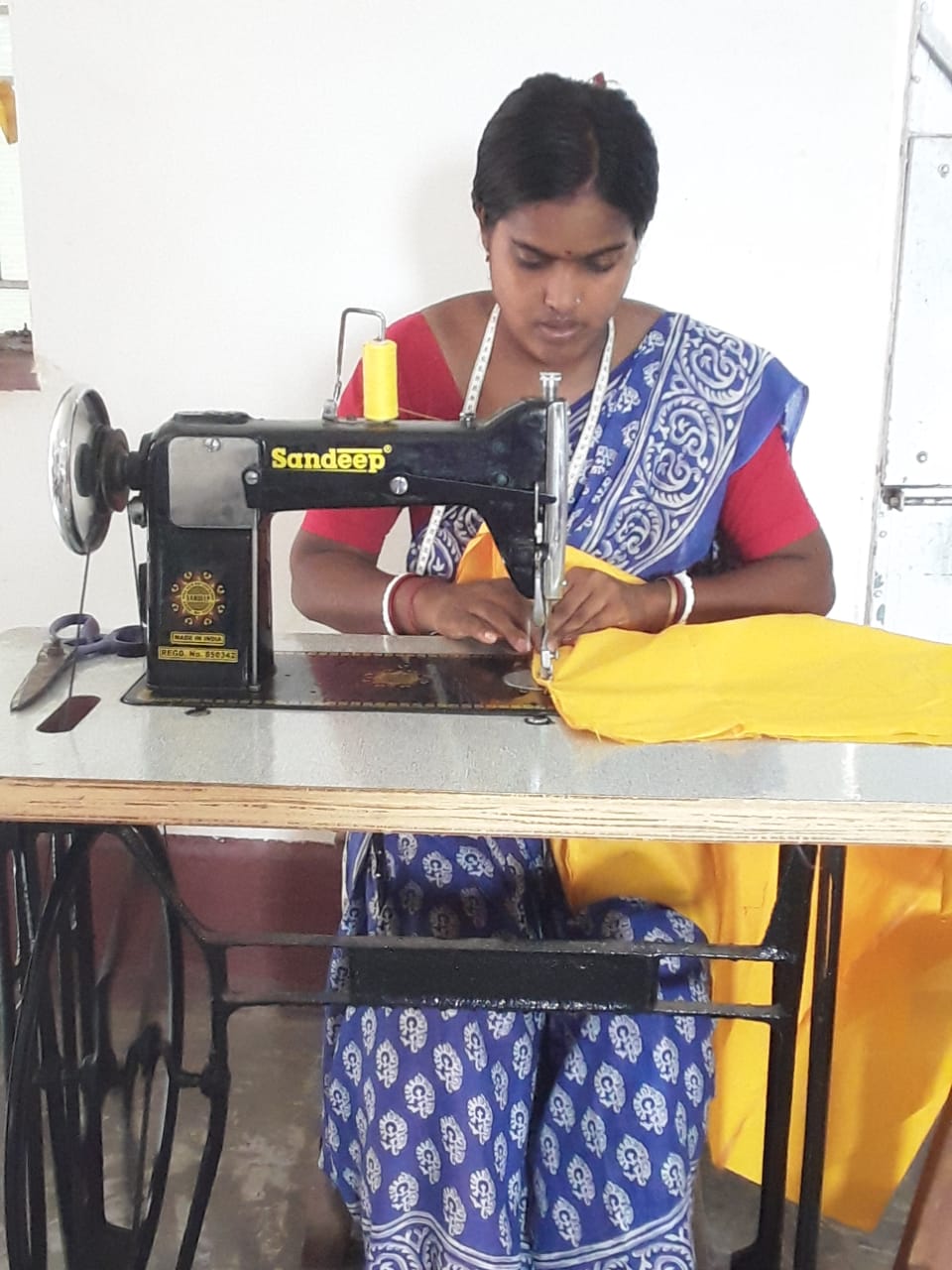
Supporting women to be self-reliant:
DCBS has till date trained 1000+ women on readymade garments making and has been instrumental in creating about 120 women entrepreneurs in 04 blocks of South 24 Parganas district. All the trained persons have been grouped to form JLGs and are now continuing business with the financial and marketing support of DCBS. DCBS has further plans to train and support 600 women and establish them as entrepreneurs by the year 2022.
Case Study:
The readymade garments making training has helped me gain confidence to become a successful entrepreneur says SubhadraHalder, trainee…
SubhadraHalder of 28 years has passed her Higher Secondary (HS) examination and is one of the landless women belonging to economically marginalized family and residing in a remote village in Sundarban delta in West Bengal. She lives at her in-laws house with her husband and only son. Her husband is a mobile vegetable vender and selling vegetables in local markets and villages. Belonging to a poor family, Subhadra has been previously trained on Diploma in Tailoring and other skill development trainings by DCBS. After completion of all trainings, she was able to build her confidence and has become a successful readymade garments maker in the locality. Now she earns Rs. 5500 (USD 80) per month and contributes towards ensuring better living standard for her family. Now, Subhadra is widely acknowledged as a successful women entrepreneur and has become an inspiration to other women trainees in the locality.
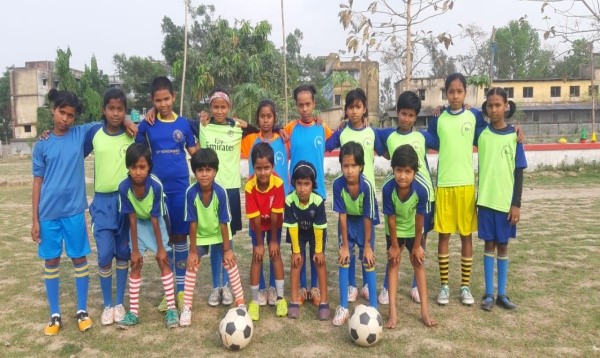
Sundarban Girls Football Academy (SGFA):
Sundarban Girls Football Academy (SCFA) is a dream project of DCBS. It’s started operations in the month of November 2020 with 130 adolescent girls (age between 10 – 16 years) in the remote village of Dhosa under Jaynagar-I block under South 24 Parganas district, West Bengal. The academy acts as a facilitator and offers guidance to the young girls. It is managed by qualified personnel passionate about the field. DCBS plans to further increase the strength up to 200 by the end of March 2022. The football Academy program is implemented alongside Sports and Inclusion program, which provides the platform for talent identification and further nurtures girls on playing football.
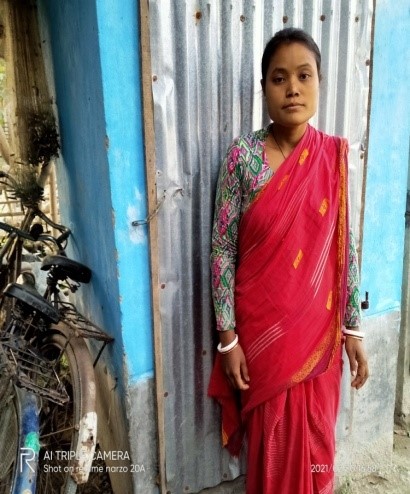
Water, Sanitation and Hygiene (WASH):
“Swach Bharat Aviyan (Clean India Mission)” was declared by Hon’ble Prime Minister, Government of India on the eve of Gandhji’s Birthday on 2nd Oct, 2014. Since then, DCBS has participated in the Mission and offers financial support as Sanitation Loans under the microfinance program to rural customers for the construction of new toilets and renovation of existing toilets, development of water facilities and building awareness on WASH practices in 04 districts of West Bengal and 02 districts in Bihar states.
Through this ongoing program, DCBS has supported a total of 1,515 families till June 2021. At present, 559 households are continuing the loan and pay regular installment with the recovery rate being cent percent.
DCBS also conducts awareness campaigns to dissuade people from defecating in the open, and encourages them to adopt hygiene practices. The people are also encouraged to construct their toilets and water facilities in collaboration with local Gram Panchayats (Local Self-Governance) and government departments. DCBS has plans to support 600 more customer families for the construction and renovation of household toilets with user’s friendly facilities during this fiscal year.
To support our cause in tackling this critical times, request to contribute generously.
Purpose: Help us to distribute food grain along with vegetables, oils, spices etc. to daily wage earners’ families suffering from lockdown due to COVID 19.
Tax benefit: 80 G (relaxation) – to be provided.
For Domestic Donation
- Details of Bank:
- Account holder: Dhosa Chandaneswar Bratyajana Samity
- Bank name: State Bank of India
- Branch name: Dakshin Barasat, WB, Pin code-743372
- Account No.: 11403900322
- IFSC Code: SBIN0002046
For Foreign Contribution
- Details of Bank:
- Account holder: Dhosa Chandaneswar Bratyajana Samity
- Bank name: State Bank of India
- Branch name: New Delhi Main Branch
- Account No.: 40252178090
- IFSC Code: SBIN0000691
- SWIFT Code: SBININBB104
Donation Form
Our Partners
Banks & Financial Institutes




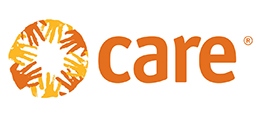
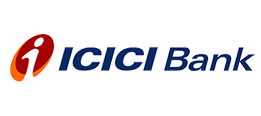
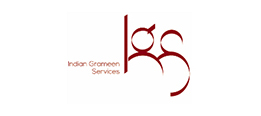
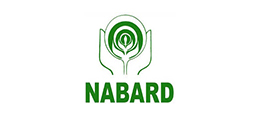
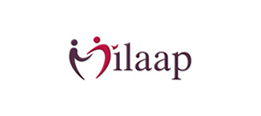
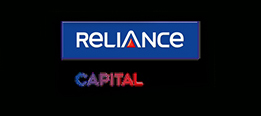
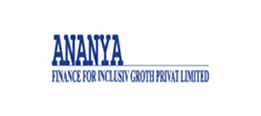
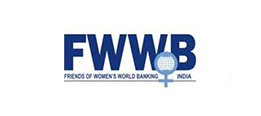
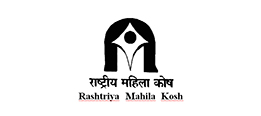

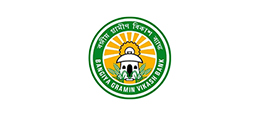








 Donate now
Donate now